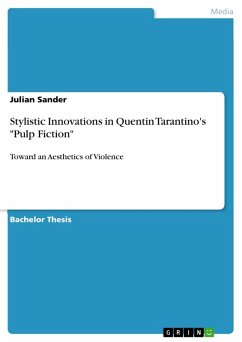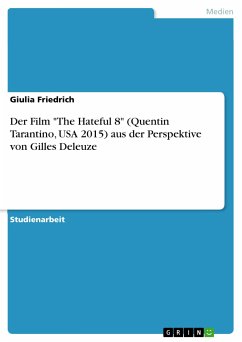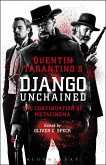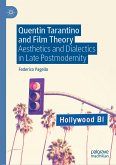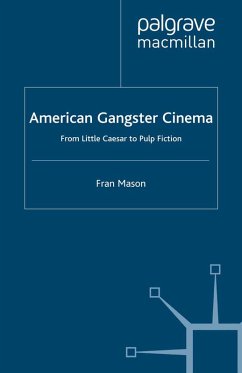Bachelor Thesis from the year 2010 in the subject Film Science, grade: 1,3, Bielefeld University (Fakultät für Linguistik und Literaturwissenschaft), language: English, abstract: The influence of Quentin Tarantino's Pulp Fiction on contemporary American cinema has been profound in the last two decades. It was actually Tarantino's second film after his already groundbreaking debut Reservoir Dogs, both of which he wrote and directed, though it was Pulp Fiction that ultimately established its creator as an influential filmmaker and made him legendary around the world. Tarantino's affection for different film genres can be noticed throughout all of his films. He usually pays tribute to them by using his distinct knowledge of their conventions and blending them into his own films. It is not that he just replicates them; in fact, he adds refreshing stylistic elements and recreates them into completely new shapes. His films also are full of references to a variety of different movies as well as diverse pop cultural minutiae. The assembly of numerous generic influences in one single movie, which Tarantino consciously practices, can be identified as characteristic of his distinctive style. These features as well as the filmmaker's novelistic approach to narrative construction have become his own, artistic signature. As in Pulp Fiction, conventions of classical gangster films are incorporated and reworked so that it becomes something fresh and innovative. On the basis of Tarantino's standing in the film industry due to Pulp Fiction, I wish to analyze his most significant film toward its representation of violence, redemption and morality through the generic codes of a fictional crime world. While Tarantino's aptitude to construct original and manifold storylines in an unconventional mode is undeniable, the aesthetics of violence and articulations of values behind his style have been constantly controversial. Since his latest film Inglourious Basterds (2009) this issue seems relevant again, which was one of the reasons that prompted me to revisit his previous work. In my thesis I intend to explore the director's vision and his means of creating movies. I argue that Quentin Tarantino creates a new style of cinema in Pulp Fiction by subverting classical film conventions, most notably, those of the gangster genre. In doing so I want to answer these questions: How does the filmmaker utilize stylistic elements to subvert classical movie genres? What impact do stylistic changes have on the representation of violence and ethics? This attempt finally seeks to capture the essence of the filmmaker's style within a larger cultural and social context.
Dieser Download kann aus rechtlichen Gründen nur mit Rechnungsadresse in A, B, BG, CY, CZ, D, DK, EW, E, FIN, F, GR, HR, H, IRL, I, LT, L, LR, M, NL, PL, P, R, S, SLO, SK ausgeliefert werden.

